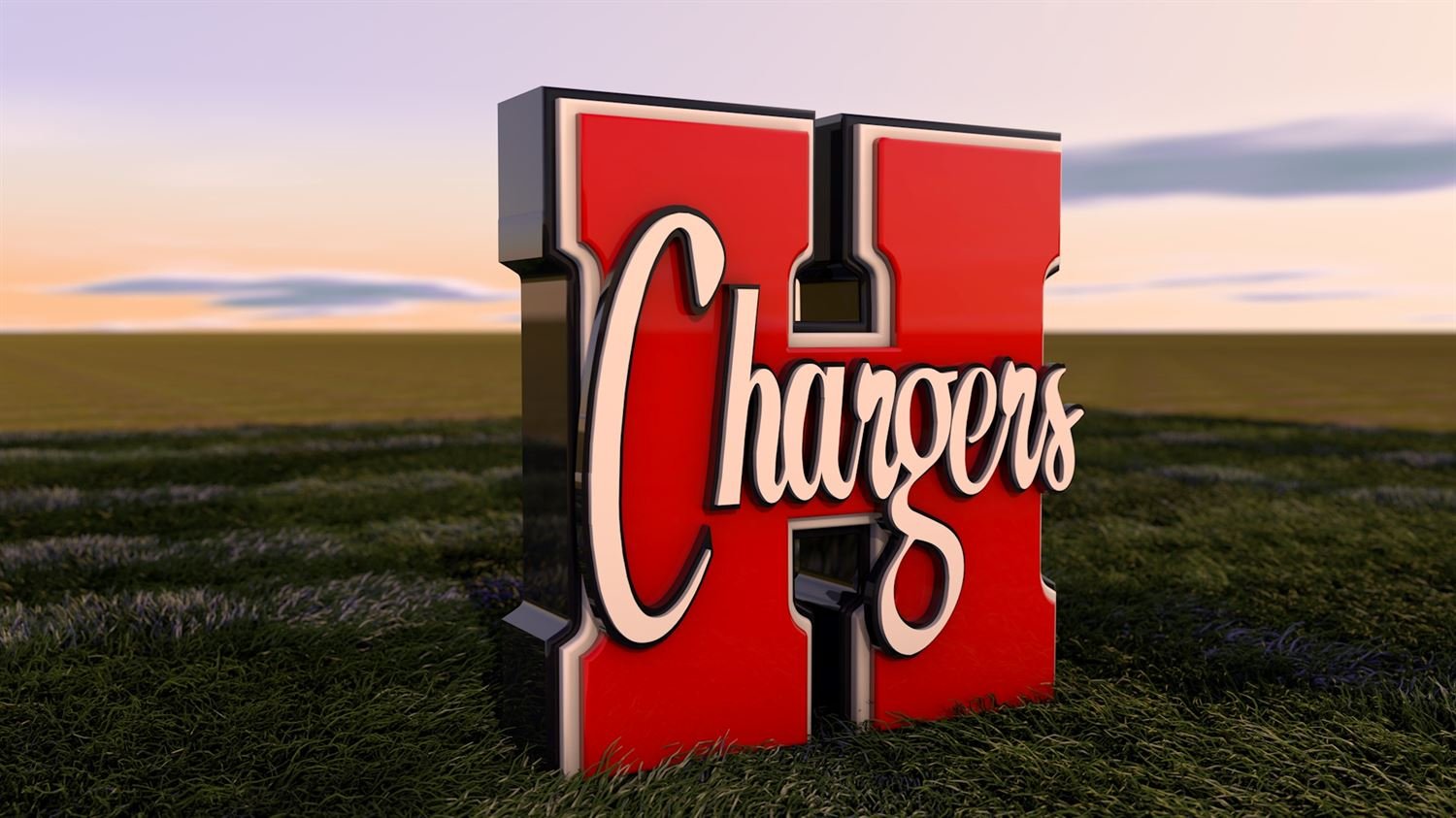Synthetic vs. Natural Caffeine
Picture from Pexels
Ella Hutton
Everyone likes to start their day off with a jumpstart, right? A cup of coffee, a can of your favorite energy drink, or a quick stop at Starbucks before school. Whatever it may be that wakes you up, you should be aware of what is giving you that energy.
In caffeinated drinks, there are generally two types of caffeine: natural and synthetic. It is as straightforward as it sounds. Natural caffeine is found in your coffee, teas, and surprisingly, chocolate! This caffeine is extracted from plants, giving itself the word natural in its name. Synthetic caffeine is going to be in drinks like Monsters, Red Bulls, and Coca-Cola. It’s manufactured in factories and mass-produced due to its demand.
A little background on synthetic caffeine; it was surprisingly invented in Nazi Germany since embargos prevented them from accessing certain goods, which included natural caffeine. There was a rising demand for caffeine and since then it has been put in almost every drink you can think of. Synthetic caffeine is cheaper to produce than natural caffeine and is absorbed faster by the body. This leads to a faster crash afterward but a higher spike of energy.
Natural caffeine has plenty more vitamins, which minimizes the harsh crash that synthetic caffeine can create. There are plenty of health benefits of consuming natural caffeine including a reduction of type 2 diabetes, multiple types of cancer and heart diseases, Parkinson’s disease, and Alzheimer's. A lot of people hear about drinking multiple cups of coffee and immediately get scared they’re developing heart problems, while oppositely, found in a study done by Baker Heart and Diabetes Institute in Australia, consuming coffee in moderate amounts has been shown to increase life expectancy. This doesn’t mean you should drink ten cups of coffee every morning and think you’ll live forever; everything has limits.
Synthetic caffeine is loaded with chemicals that won’t necessarily kill you, but aren’t the best for your body. The production of this version of caffeine begins with ammonia, and after multiple steps of adding chemicals including methylamine, formic acid, and methyl chloride, the final result of this concoction is synthetic caffeine. Now don’t read this and want to start detoxing your stomach because you had a Red Bull this morning. Consuming this in moderation and in healthy amounts won’t kill you or give you heart disease at the age of 25. However, excessive amounts can lead to migraines, insomnia, nervousness, and restlessness, and you should watch how much you drink, along with how much food you eat with mass amounts of caffeine.
The infamous drink Celsius, banned by the NCAA, was one that shockingly is derived from natural caffeine. It gets its energy from green coffee bean extract and is advertised as a healthier alternative compared to other energy drinks sold in stores. These drinks contain plenty of beneficial ingredients like Vitamin B, C, and ginger root.
Overall, it really doesn’t matter what you drink to get your daily boost of energy. It’s a personal choice based on what you think is best for your body. However, and this goes with all things, consume within moderation. Too much of anything can hurt, so even drinking six cups a day of something with the most natural ingredients can create unintended problems.






